By Sheila LaCivita | 2 min read
If you are interested in legal deposition services, you should be aware of the different types of court reporters who can provide depositions. There are two major types of court reporting in the US who do depositions. There are court reporters who work for courts and the judges who are called official court reporters. This was the only type of court reporter years ago. In the modern era, there are many independent court reporters available who can do depositions.
The official court reporter is usually an employee of the government. But today, more courts are relying on independent court reporting companies to provide the courts with the court reporters they need. These jurisdictions sometimes cut expenses by contracting out this work. In some states, the official court reporter is actually an independent reporter. There are two types of independent court reporter. The first is a solo practitioner who may work with only a few clients. The other type is the independent court reporter who works with one or more court reporting companies.
There are also various types of court reporting. The most well-known is the stenographic technique. This type of court reporting for depositions is still done in some parts of the country. The other type is the mask reporter. This is where the court reporter dons a mask and repeats to themselves the conversation they hear which is recorded on tap and transcribed later. Some jurisdictions may simply use a tape recorder. Someone records the proceedings and later interprets and transcribes the conversation.
Court reporters who provide deposition services are a vital part of the legal process. A court reporter can help the attorney win their case by being very good at doing depositions and having all of the modern technology they need to provide an accurate transcription of what was said at a deposition.
Many court reporters provide real-time deposition transcripts. This is where the attorney has real-time access to the deposition transcript while the testimony is occurring. The attorney can leave the deposition with a transcript in hand that may be edited into its final form later. This convenience can be a major asset in winning a case.
Also, remote deposition recording is important. This allows many stakeholders to attend the deposition without being physically present. This convenience can be very important in the era of COVID-19 and social distancing.
Sheila LaCivita
Sheila LaCivita is the Founder and CEO of 4 Corners Deposition Summaries, a company built to help trial lawyers through the deposition and transcription process. For more information about depositions or her company, feel free to reach out to Sheila via email at sheila@4cornersdepo.com.













